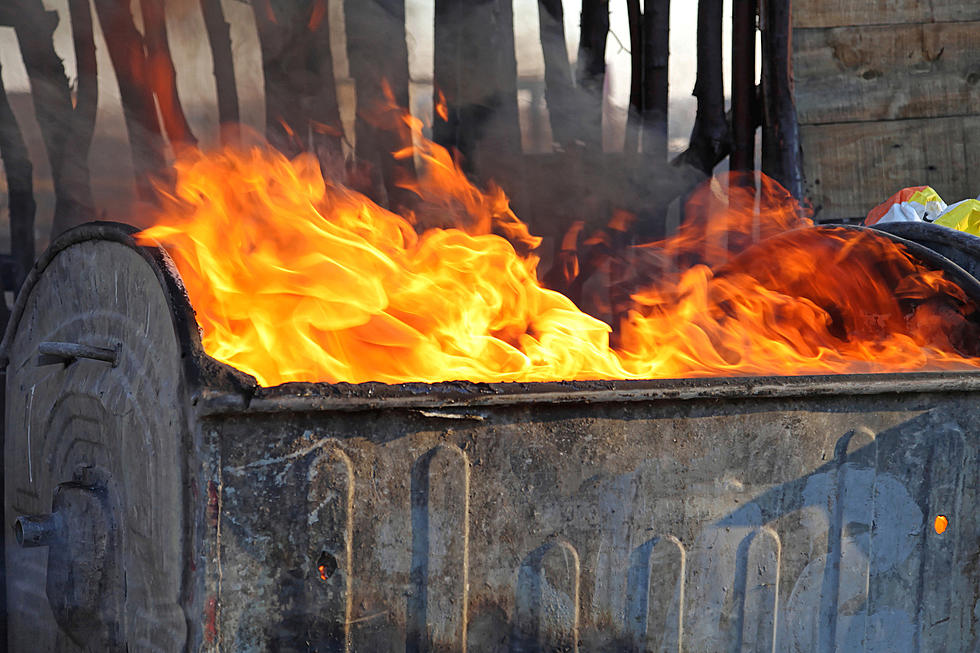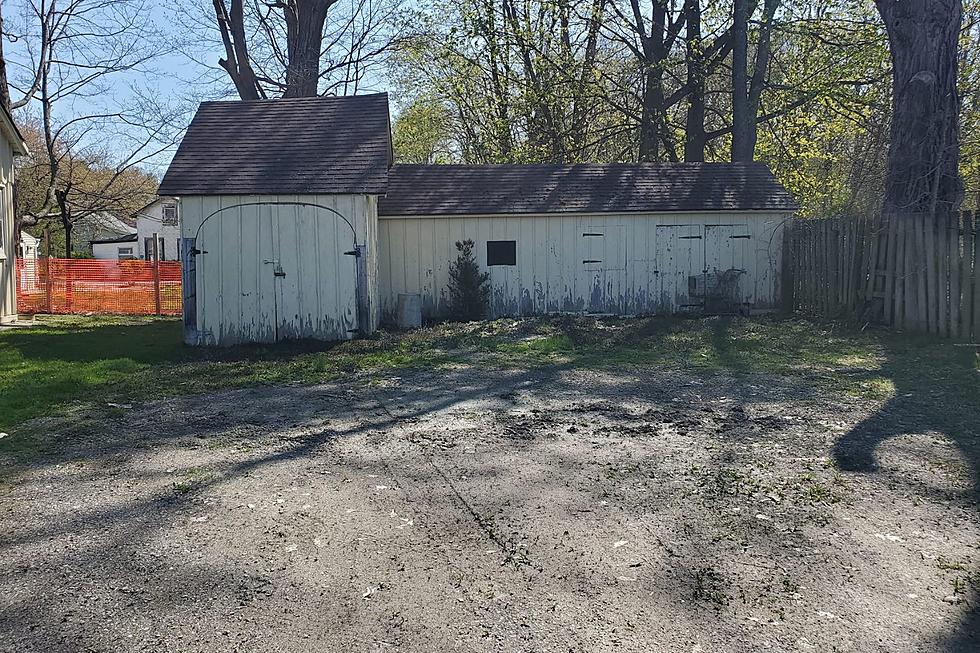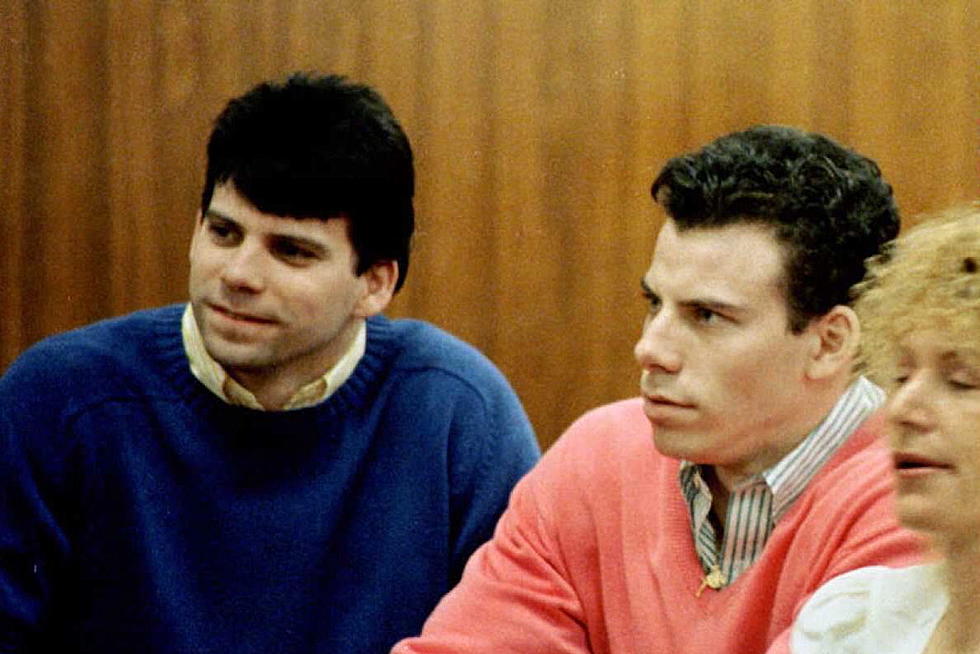
New York’s 2024 Plan Is A ‘Dumpster Fire’ Bad For Upstate New York
A Hudson Valley leader is comparing the New York State budget to a "dumpster fire."
Earlier this week, New York leaders finally passed a brand-new state budget. The deadline to pass the budget was April 1.
New York State Passes 2024 Budget
The $229 billion budget includes plans to make New York "safer, more affordable and more livable," according to Hochul's office.
For all the news that the Hudson Valley is sharing make sure to follow Hudson Valley Post on Facebook, download the Hudson Valley Post Mobile App and sign up for the Hudson Valley Post Newsletter.
However, Hudson Valley Congressman Marc Molinaro is strongly against the budget.
New York State Budget Compared To "Dumpster Fire"
“Governor Hochul is delivering a budget that’s over a month late. They say you can’t rush perfection. Apparently the same applies to dumpster fires," U.S. Rep. Molinaro (NY-19) stated.
The budget also includes increases to minimum wage, funding for schools and more money to treat mental health. Hochul's office says the budget also makes key changes to bail reform. Molinaro disagrees.
Keep Reading: 40-Year-Old Company Abruptly Closing 25 Stores In New York State
“Like most things that come out of Albany, Governor Hochul’s budget prioritizes far-left priorities over the safety and well-being of our communities. Sadly, this is just another example of Albany's dysfunction and complete disregard for the needs of Upstate New Yorkers," he said.
The Republican believes it's an attack on Upstate New Yorkers. Adding the governor's compromise on bail reform still fails to address the serious concerns.
Read More: Mobster’s $130 Million Treasure May Be Hidden in Upstate New York
"The ‘compromise’ Governor Hochul struck on bail reform between far-left Albany Democrats and establishment Albany Democrats still fails to address the serious concerns raised by law enforcement, victims, and the public. New York State will remain the only state in the country that bars its judges from keeping criminal defendants behind bars, even if they are a risk to public safety or likely to reoffend," Molinaro added.
LOOK: The 25 least expensive states to live in
Nearly 40 Children Have Recently Gone Missing From New York State
25 Must Try Hudson Valley Dining Experiences
Did You Know? Over 100 Fun Facts About the Hudson Valley
More From 94.3 Lite FM










